FAQS
At 22 Fence Company, we understand that you are about to invest in your property, and we anticipate that you will have questions. We’ve compiled a list of frequently asked questions about our fencing solutions. If we haven’t answered your question, please contact us right away. We’re here to help!
What is one your mind!
Frequently Asked Questions
It depends on a variety of factors, including the type of fence, length, and site conditions. However, for most wooden or steel fences, an average job here in Savannah, TN, takes 1-3 days.
There is no definitive answer to this question as the cost of a fence can vary greatly depending on several factors, such as the size and type of fence you need, the materials you want to use, and the labor costs associated with installation. So, when considering the cost of a fence in Savannah, Tennessee, it is important to first determine your specific needs and budget before making any decisions.
Yes, we provide a warranty against installation flaws.
How long your wood fence will last depends on the type of wood you choose and the climate you live in. Cedar and redwood are two of the most durable woods, while pine is more susceptible to damage from weather and insects. In general, a well-constructed wood fence should last at least 20 years. If you live in an area with a mild climate, your fence may last even longer.
Most of the time, staining a fence is preferable to painting it. True, stain fades and must be reapplied over time, but not for several years. Furthermore, because stains do not peel or crack, it requires less prep than repainting. Simply power wash the fence to create a clean, ready-to-stain surface.
The majority of fence posts can be placed 8 to 12 feet apart. While this is a broad criterion, it does not cover all possible scenarios. High tensile fences, for example, can have wider spacing, requiring line posts every 15 to 20 feet for field fence styles and up to 20-30 feet for high tensile barbed and smooth wire.
There are 11 inches between rails on two-rail and three-rail fencing. The rails on four-rail fencing are 9 inches apart.
Fencing gaps reduce the risk of wind damage. Wood expands and contracts in response to temperature and moisture changes. Dimensions change only slightly in a protected space, such as a tongue-and-groove wood floor.
There are many factors to consider when choosing a fence material, including the climate, the soil type, the amount of maintenance you’re willing to do, and your budget. Here are some things to keep in mind when making your decision:
- Climate: If you live in an area with extreme weather conditions (snow, high winds, etc.), you’ll need to choose a fence material that can withstand those conditions. Some materials, such as vinyl and aluminum, are better suited for areas with extreme weather than others, such as wood.
- Soil type: The type of soil in your yard will also play a role in choosing a fence material. If you have sandy soil, for example, you’ll want to avoid materials that are prone to rotting, such as wood.
- Maintenance: Some fence materials require more maintenance than others. If you’re not willing to do regular upkeep on your fence, you’ll want to choose a low-maintenance material. Vinyl and aluminum fences are good choices for low-maintenance options.
- Budget: Of course, your budget is also a factor to consider when choosing fence material. Some materials, such as vinyl and aluminum, can be more expensive than others, such as wood. But keep in mind that the initial cost is not always the most important factor – you’ll also want to consider the long-term costs, such as maintenance and replacement.
We're Ready To Work For You
Contact Us Today For A Free Cost Estimate!
No matter what your fencing needs are, we’re here to help! We offer a variety of services, including fence installation, repairs, and more! We’re looking forward to working with you. Give us a call today and we’ll provide you with a free quote and get you started on your project.

